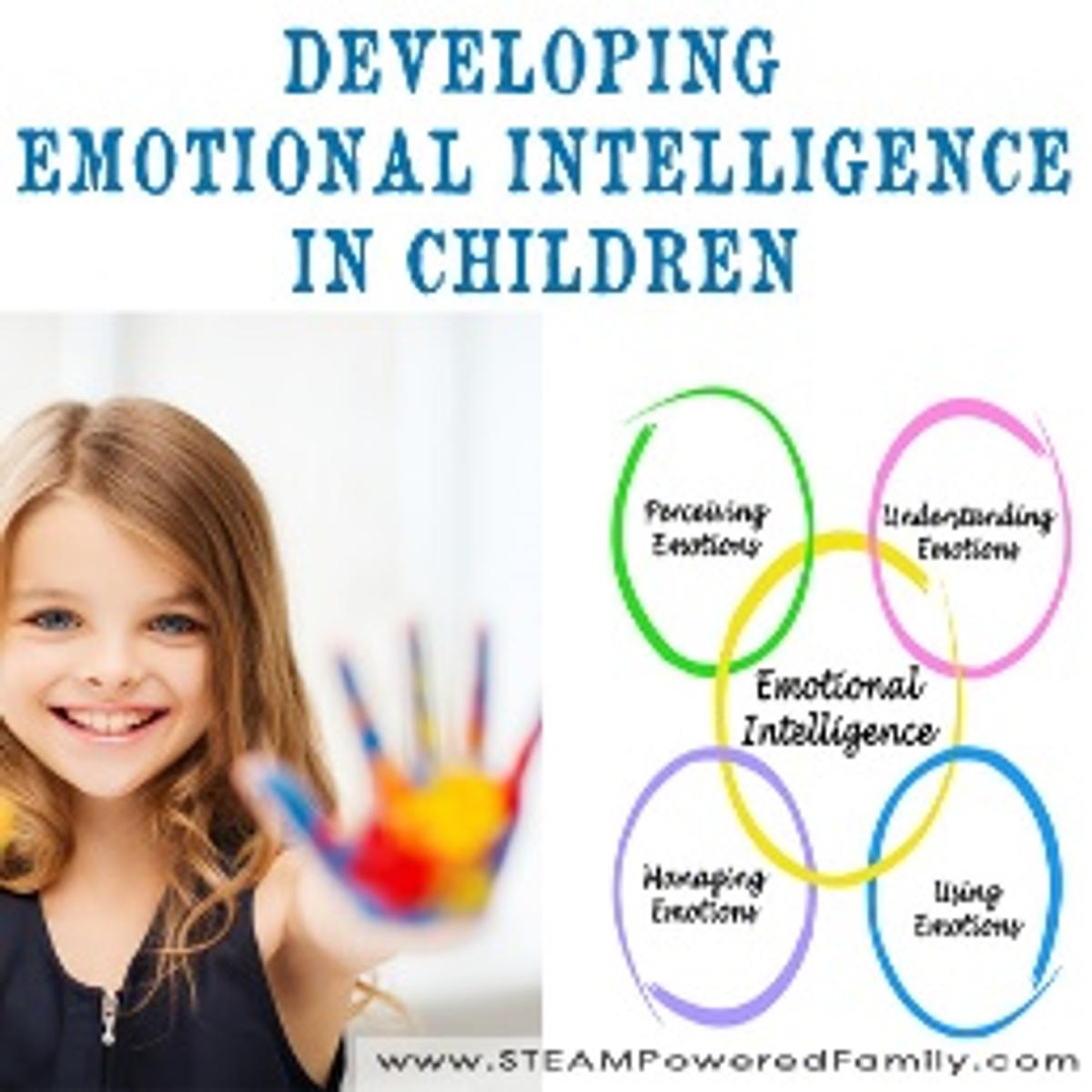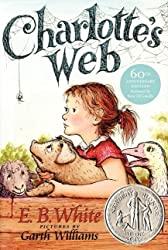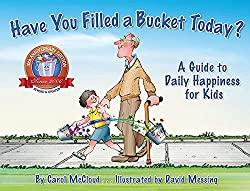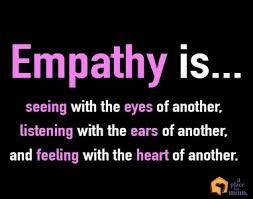Chaplain's Corner

Hi Everyone,
Last week we discussed ‘BUCKET FILLING’. Sometimes the best bucket fillers are the ones with higher EMOTIONAL INTELLIGENCE.
Emotional intelligence in children can be a challenge. Kids are naturally very self-centred, their worlds small and focused on their immediate sphere of influence. If your child has any special needs, developing emotional intelligence can be an even bigger challenge.
Emotional intelligence also known as Emotional Quotient (EQ) is a person’s ability to recognize emotions in themselves and others, and respond intelligently, in a socially appropriate way, and with empathy.
What skills build emotional intelligence?
To achieve a high level of emotional intelligence a child needs to develop skills in:
- Emotional awareness
- Ability to harness and apply emotions effectively
- Ability to manage and regulate emotions in themselves and others (cheering up a friend or responding appropriately to others’ emotions).
Books and films are a great way for teaching EMOTIONAL INTELLIGENCE:
‘Charlotte’s Web’, in either book or film form, is a beautiful story of embracing friendship and showing empathy.
‘Wonder’ is an amazing book/film about kindness and acceptance. It provides a wonderful platform to reflect on the feelings and emotions of other people to help develop greater empathy.
Last week I mentioned ‘Have you filled a bucket today’, a great book for providing some vocabulary and understanding around emotions. It works for understanding your own emotions and others’ emotions.
Other books include ‘Kindness is Cooler, Mrs. Ruler’ by Margery Cuyler, ‘The Kindness Quilt’, One Smile by Cindy McKinley, and ‘How Full is your Bucket?’ by Toom Rath and Mary Reckmeyer. You may know of other books or films – many Disney films such as ‘Lion King’ can teach us so much.
Bring it into the real world
When teaching some year 5/6s about ‘empathy’ at another school, I used a lot of you tube clips and discussed some films such as ‘Wonder’. Each Monday in Breakfast Club one student used to come to me to tell me about the film his family watched over the weekend and about the examples of ‘empathy’ that were in it.
Once your child has a firm foundation in emotions through the books/film, bring that into the real world. Talk about what their emotions are sometimes, get them to label those emotions and discuss how to effectively manage and utilize those emotions.
Discuss your own emotions, or those of their siblings or friends. Even when you are out in public, take a moment to discuss how people around them might be feeling. Standing in that line up might be very frustrating for the child, do they think it is frustrating for the other people too? How do they think the person with the cane feels about having to stand in the line? Or the pregnant lady?
Let’s work together as we endeavour ‘to be the change we want to see in the world’!
Robyn Mulholland (School Chaplain)







